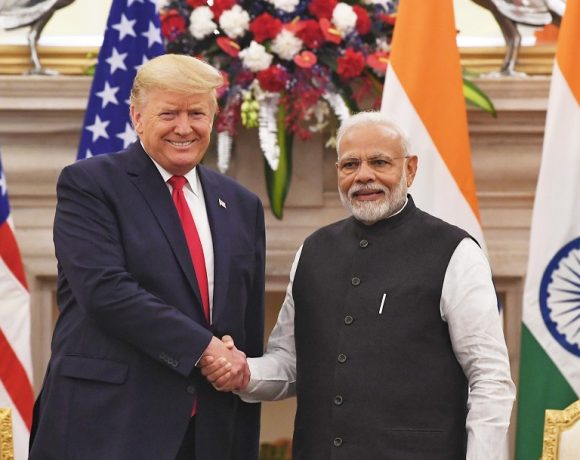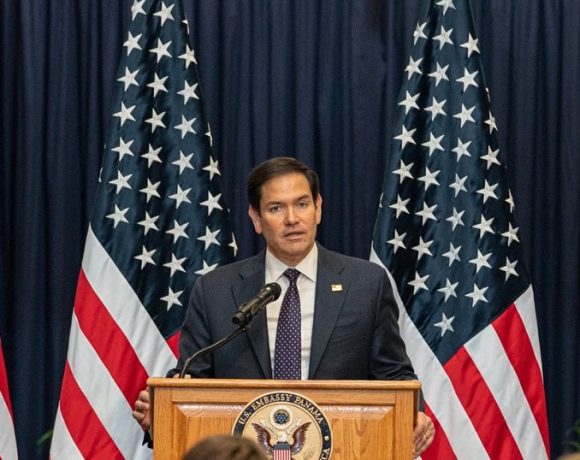
Elon Musk Exits DOGE, Trump Says “He Will Always Be With Us”
Elon Musk has officially concluded his 130-day tenure at the Department of Government Efficiency (DOGE), a body created by the Trump administration to streamline federal operations. His exit came as per the legal limit for his appointment as a “Special Government Employee.”
Musk’s time in office was marked by sweeping cost-cutting measures, including mass layoffs and abrupt cancellations of federal contracts, which he claims saved the U.S. government $175 billion. However, these drastic reforms were met with protests from federal workers and lawsuits challenging the legality and transparency of his decisions.
In his statement on departure, Musk said, “The DOGE mission will only strengthen over time as it becomes a way of life throughout the government,” adding that he would continue to support the mission informally.
Trump Lauds Musk’s Role in Government Reform
President Donald Trump heaped praise on Musk at a farewell event, calling his short tenure “terrific.” Trump added, “This will be his last day, but not really, because he will always be with us, helping all the way.”
The White House clarified that Musk’s departure does not mean the end of his influence. Press Secretary Karoline Leavitt emphasized that DOGE’s agenda remains a top priority for the administration, stating that “the DOGE leaders are each and every member of the President’s Cabinet and the President himself.”
A joint press conference had been scheduled to outline the future of DOGE and Musk’s continued advisory role, even as he returns full-time to his business ventures.
Fallout and Public Response to Musk’s Tenure
Musk’s aggressive style drew sharp criticism from both sides of the aisle. While supporters lauded his no-nonsense approach to eliminating government waste, critics accused him of bulldozing essential services and implementing reforms without adequate oversight.
Federal employee unions staged protests throughout his tenure, arguing that efficiency must not come at the cost of governance and employee rights. Legal experts also questioned whether the sweeping powers exercised by Musk as a temporary appointee were constitutionally valid.
Despite the controversy, Musk’s departure leaves behind a reshaped conversation on the role of private-sector strategies in public administration. Whether the DOGE framework becomes a permanent fixture of future governance remains to be seen—but the debate it sparked is unlikely to fade.


















